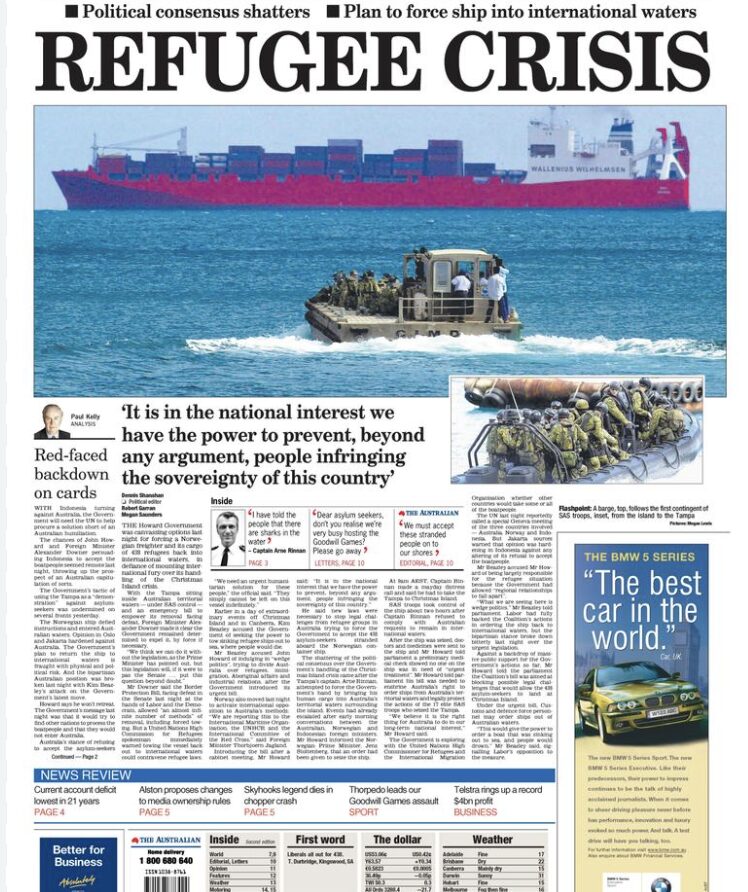What the media misses about refugee communities

July 10, 2025
With widespread sources of media, there’s a consistent pattern in the way that refugees are portrayed, following a similar narrative of fear, crisis, and otherwise, overgeneralising.
Isn’t this ignoring the resilience, skills and knowledge of refugees?
It is not just what is being said, but also how it is being said, and who is delivering the message.
The media concentrates on crisis rather than continuity, highlighting the current global issues but ignoring the wider global issue of refugee communities. The media uses rhetoric to formulate and build up a perception of refugees in people’s minds, that leads to fearmongering. It succeeds in creating a misunderstanding of refugees and undermines the complexity of displacement. In particular, the media groups migrants and refugees together – the former have chosen to leave home, whereas the latter have no choice.
At REI we know that each refugee story is unique, and not one to be generalised. Their stories are shaped by their history, culture, aspirations and strengths.
In the media refugees are stripped of their nuance, agency and complexity, disguised in numbers, statistics and policies. They are depersonalised and deprived of their humanity. Their stories are not heard. The policy debates, government voices and traumatic imagery seen in the media in relation to refugees, politicises the issue whilst ignoring the most important actor: the refugees themselves. Refugees are often spoken about in the news, but rarely, or never, spoken to.
REI knows the truth is different and through our mission we ensure they are the ones leading the discourse, working to disrupt this narrative often seen in the media. These projects, with their roots in education, law, community, social work and empowerment, ensure refugees take leadership in shaping their futures, through dignity and autonomy, as opposed to being ‘passive’, as painted by the media. Media outlets should invest in the stories of refugees, thus avoiding harmful stereotypes and generalisations. We must ensure the people living these realities are the ones whose voices are at the centre of the discourse, as creators and consumers of media. This is to change not only how refugees are supported, by also how they are seen.